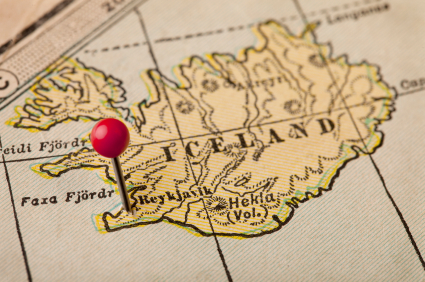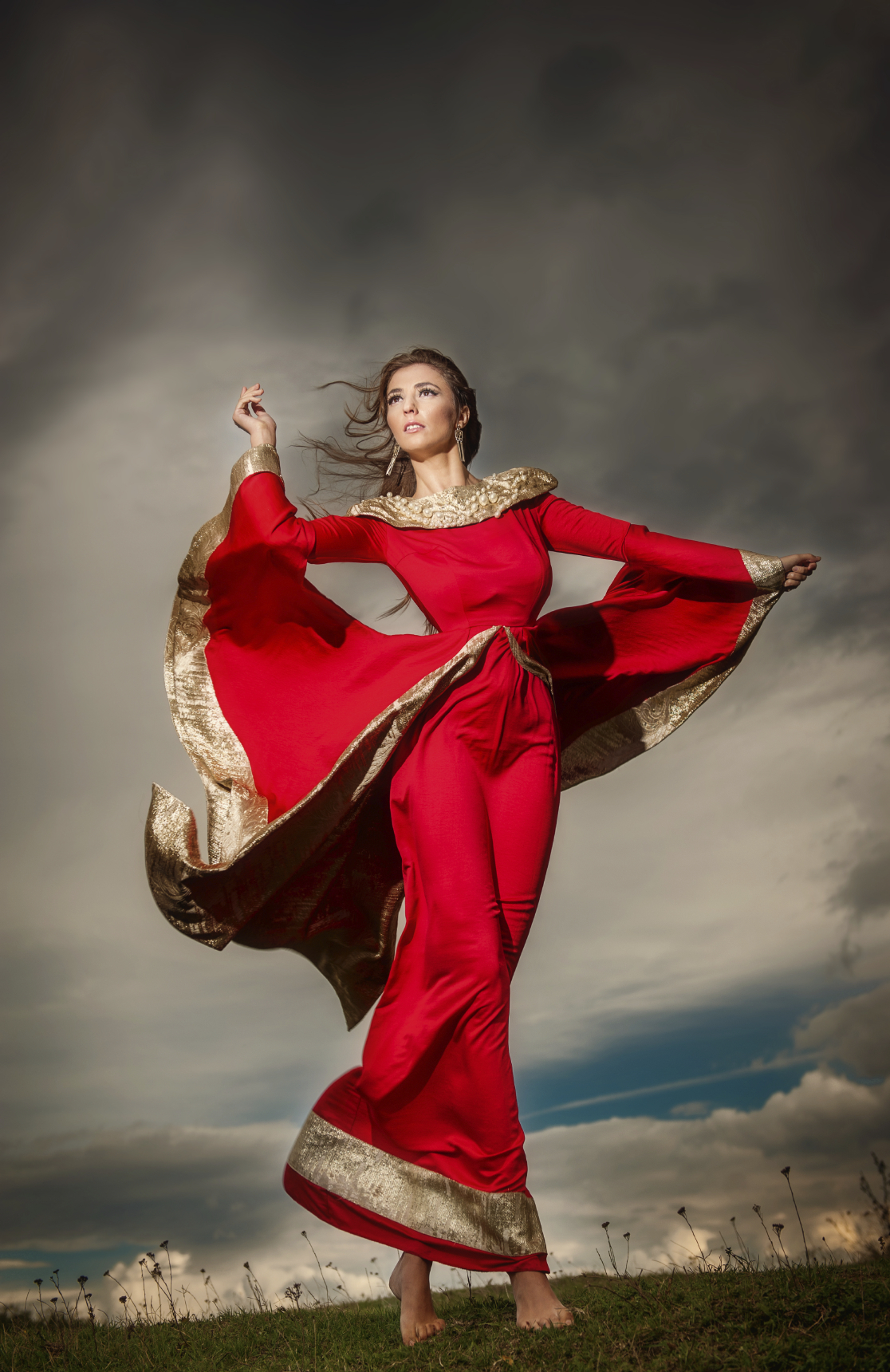This month we’re turning back to the Viking Age with the Jarls, Kings, and Leaders blog series. The first outline I did looked like a Who’s Who of Viking men. And that was my problem. The line-up didn’t feel right. We won’t neglect the men, but I’m not going to start with them. So, we’re starting with the heart and soul of this series.
With Viking women.
Get cozy and warm because we’re turning back the clock to the story of Audr the Deep Minded, a 9th century leader of Iceland.
Iceland’s settlement began in 874. Vikings like to claim they first settled the island but there’s evidence Celtic monks lived on Iceland in the 7th or 8th century before abandoning it. Little wonder! The island of fire and ice sits close to the Arctic Circle. Early settlers contended with a landscape bubbling with geysers and hot springs on one hand and isolation in frigid climes on the other.
Yet, none can deny Iceland is beautiful. It’s like Viking woman—mysterious, strong, and having little patience for fools.
When Viking nobleman, Ingolfur Arnarsson, settled first Iceland, he knew he’d need capable leaders. Icelandic life was too harsh and the beginning too fragile to mess around with weak people at the helm. Ingolfur divided the island into four parts and selected four of the best Vikings to lead each quadrant. One of them was Audr the Deep Minded. A woman.
This is her story…
The daughter of Ketill Flatnose, a Norwegian chieftain, Audr came from wealth and privilege. Nothing is known of her until she married a Norse king of Dublin. Historians say Audr enjoyed even greater freedom in Dublin than she did (or would have) in Norway. She was certainly quick to take charge when things went sideways.
By all accounts, Audr was not a shield maiden or a young woman when history records her greatness.
Upon hearing her husband and son, Thorsteinn, died in battle, she decided it was time to leave Dublin. Iceland was her destination because she had two brothers there. Calm and decisive, Audr prepared a ship in secret with the help of twenty men who served her (thralls). All were loyal to her and she managed to slip away with her considerable household.
Family-minded, she took charge of Thorsteinn’s daughters. On the journey to Iceland, one granddaughter married in Orkney and another was married in the Faroe Islands before landing in Iceland.
Despite having married off two granddaughters, her retinue was so vast that one brother balked at hosting Audr. He offered to host half her household, which is a slight in Vikingdom. No matter how rich or poor the longhouse, no one in need of food and shelter is turned away. Ever. Especially with winter approaching.

Incensed, Audr went to her second brother where she and her household stayed until spring. Warm weather got the older woman exploring new lands. Audr took off to Breidafjordur, deciding to settle there.
Here is where she sets herself apart with wisdom and generosity.
This was about the time Ingolfur Arnarsson divide Iceland into four sections to be ruled by four capable Vikings. In the northwest, he asked Audr to be overseer and judge—the last line of leadership before the Lawgiver who had ultimate authority in Iceland, answering only to the King of Norway. She would have to secure the loyalty of her people, settle the land, and keep the peace.
Audr already had twenty loyal male slaves. She could’ve kept the status quo. Instead, Audr told those twenty men, if they pledged allegiance to her, she’d give them their freedom and land to own.
Was it a wily political move on her part? A show of gratitude for men who stayed by her side through tough times? History never tells us.
What we do know is she settled in Hvammur. We also know man sites have funny, anecdotal names such as Kambsnes, which means ‘Comb headland’ because she lost a comb there. A Christian, she raised a cross in Hvammur (though her descendants later chose paganism.)
Audr was all about family, making sure the rest of her granddaughters married well. Kind and giving to the end, the deep-minded woman invited relatives to a magnificent feast that went on for three days. During that time, she gave lavish gifts and wise advice to those she loved. At the end of three days, Audr bade her household hold the feast another three days—a funeral feast. She knew she was dying, and she wanted to spend her last days celebrating with the people she loved.
Now that is a wise, wise woman.
Thanks for reading this first installment of Jarls, Kings, and Leaders. Where you surprised to learn a non-shield maiden grandma ascended to a place of leadership? Tell me your thoughts on Audr, the Deep-Minded. While you’re at it, please share the post on Facebook, twitter, or pinterest.
Have a great day!
-Gina






Thank you for a most interesting post. We know women are most capable of leadership and wise decisions. It was wise king who recognized her abilities and gave her an opportunity to show just how good a leader she was. It is good in a way that she knew she was dying, however that cam about. Her wish to spend her last days with friends and family celebrating is an example of her wisdom and heart.
I believe her wisdom for ruling, came from her Christianity. She treated others the way she wanted to be treated. Now, let’s look at the real facts, she needed men to uphold her dictates, she could not have on her own gone out into battle, take down a 6 foot five, 240pound Viking! No, she was wise by choosing men, loyal to her, through kindness, and obviously they would lay down their lives for her. She also cared about her granddaughter’s lives, this was a strong, kind, compassionate woman, who ruled with Grace, not intimidation, blackmail, or by devious means. I like this Christian woman. I, too, am a strong Christian lady. True Religion in the eyes of GOD, is taking care of widows, and orphans first.
What a fascinating story, Gina! Thank you for starting the series with Audr–I’m glad I know about her now. I love your love for history, and I always learn the most fascinating things from you!
Thanks Linda!